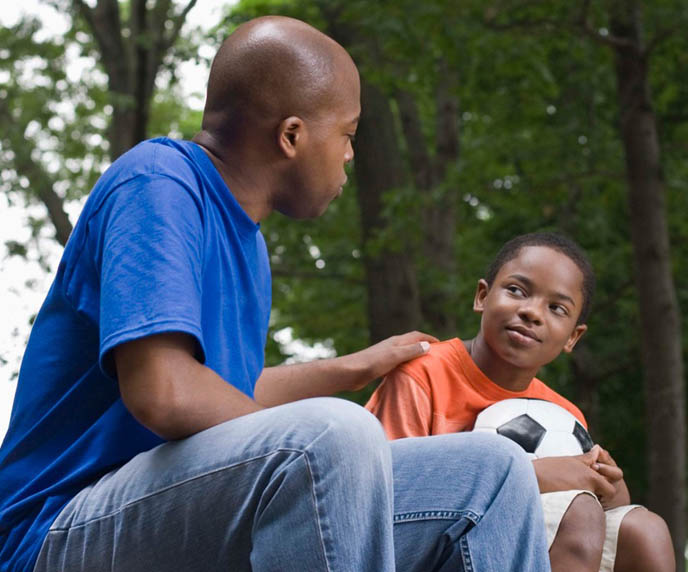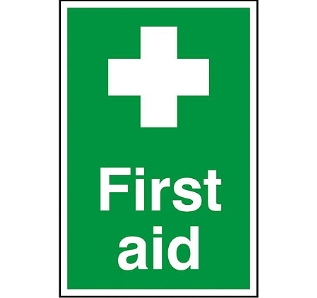
Child safety is one of the most important aspects of good parenting. Parenting experts have identified the need to keep children safe at every point in time as a major pain-point for parents; from worrying about the whereabouts of the child to the kind of activities he/she engages in.
This article is available in audio. Use the Play button to listen
As parents, it is extremely important to keep children away from harm as much as possible. A collection of changes which include health, lifestyle and environmental changes can contribute immensely to child safety after school hours.
Measures developed to keep children safe are sometimes uniquely formulated considering parental style, child temperament and individuality. This article is a collection of diverse ways to ensure child safety after school hours. Here are a few tips:
1. Establish Ground Rules
Spell out the do’s and don’ts for your son or daughter, write them down, share them with your children and ensure you tell them the reasons why they should follow the rules. Make sure you include specific instructions like; not going close to the gas stove, or anything else you want them to stay away from in order to keep them safe.

Trisha, a 21st century mother resident in the United states, describes the rules she established with her daughter: “She’s to come directly inside and immediately lock the door, and call me to let me know she is home safe. She’s not permitted to have friends over, answer the door or the telephone unless it’s approved. She’s got my phone number and should be able to call me at any moment when she has a question, or simply wants to hear my voice.”
2. Discuss Safety
It may sound easy, but many mothers say it’s important to sit down with your children and spell out what will keep them safe, including; locking the doors, making sure they don’t let anyone in the house and how to make emergency calls.
“My son was lonely after school starting at age nine, and we discussed everyone he can call for support and about every [critical] scenario that could come up. I also told him I would keep tabs and I’d call 4-6 times every hour to find out if everything was okay with him. We even spoke about what he’d do throughout the time and determined safe actions like: homework and playing video games.”
3. Check-in by Telephone
Many parents check in by mobile phone to guarantee that their children are secure, from the minute the school lets out. As many have pointed out, this only works if your child remembers to bring their mobile phone along to school with them and if they are permitted at all.
Parents have to ensure that they remind their kids to pack their cell phones in their backpacks, make sure they are billed, and above all, to answer them when mom is calling!
4. Enlist the Support of Friends and Neighbours
Reach out to friends and neighbours and ask if they would be happy to step in if your children need assistance. One mother recounts how she was able to keep her young son safe by speaking with her neighbours and friends who were willing to come in to babysit for a few hours before her arrival from work everyday.
While adopting this measure, parents should ensure that individuals they would be leaving their children with are trusted colleagues, friends and relatives.
5. Ensure that your Home is a Safe Environment
Efforts put into making kids safe at home after school hours -whether parents are at home or not- may not produce the desired results if they are resident in an environment that is generally considered unsafe and insecure. The probability of trips and falls or anything else of that nature occurring in a home environment greatly puts the child or the whole family in danger regardless of the presence or absence of the parents or guardian.

6. Employ a Caregiver
This method has been around for a while and has proven to be one of the most convenient options based on the opinions of different parents.
In recent years, some businesses have sprung up with core services that include attending to children whose parents are unavailable after school hours. They have different modes of operations as some have a business base while others offer to render their services in the home of their numerous customers.
7. Allow them Engage in Other Self-development Activities
Experts have often suggested that children should be enrolled in self-development activities which would keep them busy and in a regulated group until their parents show up at a previously agreed time.
8. Ensure Proper Safety Measures are in Place
Children can be a handful: a cute sweetheart can transform to a muddy carpet staining sprinter in a minute. Parents should always ensure that adequate safety measures are in place inside and around the home. Never let your little one close to electrical appliances on any occasion, never allow them near the pool all alone, keep all medicine out of their reach and so on.

9. Install Parental Control on Internet and Restrict Online Access
Children should be taught basic internet safety tips such as; never disclosing personal information and never accepting to meet someone online without the presence of a parent or care giver. Parents should also ensure safety measures and censoring on the internet in the home as far as their children are concerned.
In conclusion, child safety is a full time job that requires adequate attention. As a parent, you should constantly stay informed about changes in your environment and anything suspicious should not be treated lightly.

